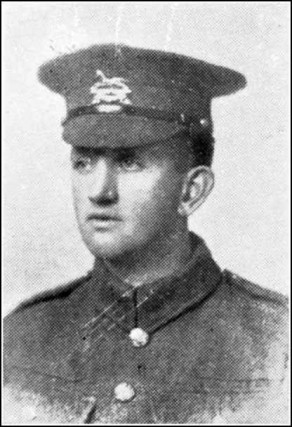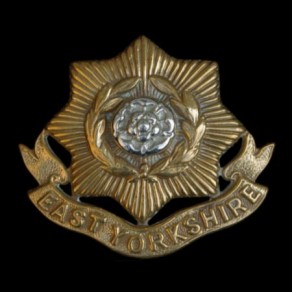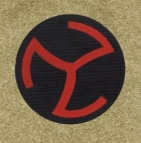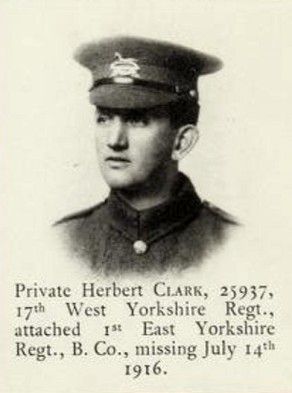Main CPGW Record
Surname: CLARK
Forename(s): Herbert
Place of Birth: Settle, Yorkshire
Service No: 25937
Rank: Private
Regiment / Corps / Service: East Yorkshire Regiment
Battalion / Unit: 'B' Coy 1st Battalion
Division: 21st Division
Age: ---
Date of Death: 1916-07-14
Awards: ---
CWGC Grave / Memorial Reference: Pier and Face 2 A 2 C and 2 D.
CWGC Cemetery: ---
CWGC Memorial: THIEPVAL MEMORIAL
Non-CWGC Burial: ---
Local War Memorial: CONISTON COLD, YORKSHIRE
Local War Memorial: SETTLE, YORKSHIRE
Additional Information:
Herbert Clark was the son of Richard and Mary Clark, née Capstick. Richard was born at Lancaster, Lancashire and Mary at Dent, Yorkshire.
1901 Settle, Yorkshire Census: Chapel Square - Herbert Clark, aged 9 years, born Settle, son of Richard and Mary Clark.
1911 Settle, Yorkshire Census: Market Place - Herbert Clark, aged 19 years, born Settle, son of Richard and Mary Clark.
British Army WW1 Medal Rolls Index Cards: Pte Herbert Clark, 25937, W. Yorks. R. Pres. Dead 14.7.15 [sic].
British Army WW1 Medal and Award Rolls: Pte Herbert Clark, 25937, 17th W. York. R. Attd. 1st E. Yks. Presumed Dead 14.7.16.
Army Registers of Soldiers' Effects: Pte Herbert Clark, 25937, 17th Bn. W. York. Date and Place of Death: On or since 14.7.16. Death presumed. To whom Authorised/Amount Authorised: Mother and Sole Legatee - Mary. £3 1s. 11d. War Gratuity: Father - Richard. £3 0s. 0d.
UK, WW1 Pension Ledgers and Index Cards, 1914-1923: Pte Herbert Clark, 25937, W. Yorks. Date and cause of death: 7[sic].7.16. Missing. Name(s) on card(s): Dependant: Mr Richard Clark. Relationship: Father. Address: Market Villa, Settle, Yorks.
Herbert was killed in action during the Battles of the Somme, 1916, 1 July-18 November, at the Battle of Bazentin, 14-17 July.
Two sources confirm that Herbert was attached to the 1st Bn East Yorkshire Regiment when he was killed in action: 1. British Army WW1 Medal and Award Rolls. 2. IWM Bond of Sacrifice - First World War Portraits Collection. Four other soldiers from the 17th (Service) Bn Prince of Wales's Own (West Yorkshire Regiment) (2nd Leeds), who were also attached to the 1st East Yorkshires, were killed on the 14th July.
Herbert is commemorated in the Memorial Books of the Post Office Fellowship of Remembrance: Clark H. - Settle - West Yorkshire Regiment.
Data Source: Craven’s Part in the Great War - original CPGW book entry
View Entry in CPGW BookEntry in West Yorkshire Pioneer Illustrated War Record:
CLARK, Herbert, West Riding Regiment, son of Mr. Richard Clarke, Kirkgate, Settle, killed in action July 14, 1916.
---
Click the thumbnail below to view a larger image.

Private Herbert CLARK

Regiment / Corps / Service Badge: East Yorkshire Regiment

Divisional Sign / Service Insignia: 21st Division
Comment on this Soldier Record
You can leave comments on this soldier record. Please note all comments will be manually approved before they appear on the website.







No comments yet.